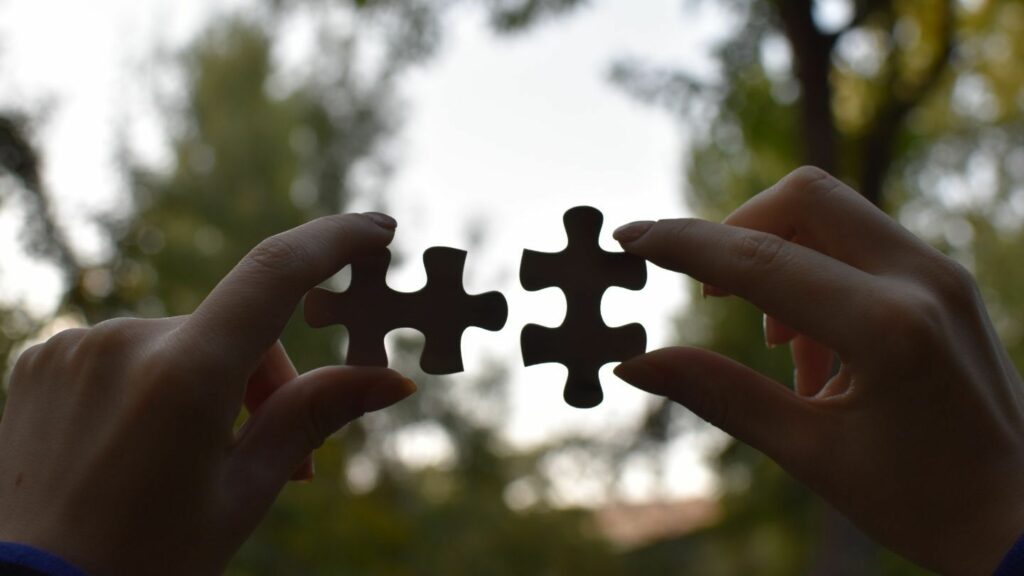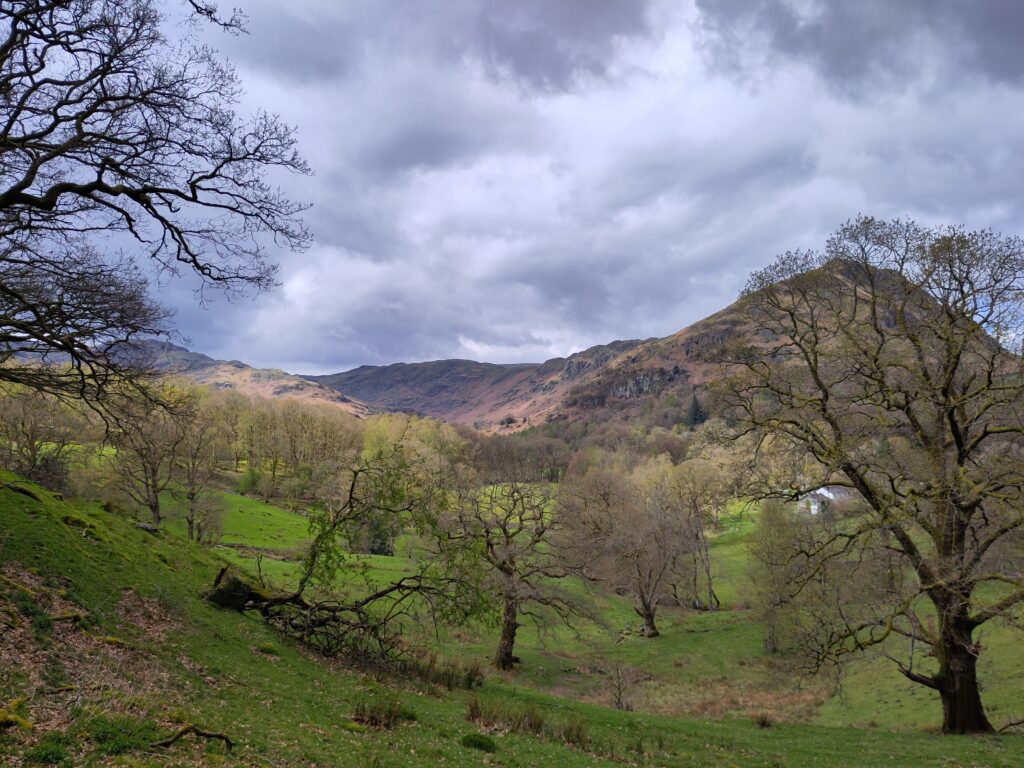Tanya Hubbard shares how her experience of working for peace around the world can help us with crisis and tension closer to home.

As a white, able-bodied, middle-class woman, I have had the incredible privilege to move freely in this world, following my Quaker calling to work for peace and to connect with that of God in every human being, finding ways across cultural and language barriers to create deep friendships and new ‘family’. Some of my most formative experiences were in classrooms in China; youth centres in London; the camps for Palestinian people in Lebanon; and- for the last 10 years- working in partnership with Myanmar colleagues to use art and empathy to build spaces of dialogue in areas of conflict in Myanmar/ Burma.
Working to nourish peace in these places has taught me many things. Awe at the courage of local peacebuilders who risk so much, pay such high prices and still continue. How pain and fear can breed hate. Inspiration at the capacity of humanity for compassion, creativity, community and resilience, even in moments of extraordinary suffering. And an awareness of the threads of peace that continue to exist, even in moments of active war.
This realisation changed everything for me. The threads of peace are already there: in the friendships, shared economic interests, shared public spaces, shared dreams and values of different groups in a conflict. This means we don’t need to invent something out of thin air, we can ‘just’ build on what is already there. These might be small changes, small acts of peacebuilding, but nonetheless, something profound shifted in my gut with this realisation: it makes building peace feel more possible, less far-fetched.
This realisation came from the tools I learnt, used and taught in Myanmar for analysing complex situations, relationships, connections and divisions. These tools are used by humanitarian and peace-building organisations to try to make sure that their interventions are strengthening local capacities for peace, and not unintentionally causing harm by worsening existing tensions and conflicts.
Coming home now to the UK, I hear friends, family and the media express despair at the relational crisis our society is facing: tension, disagreement and conflict at many levels and on many themes. Despair and tiredness at it all. As part of my work at Woodbrooke I want to bring these tools to use in our own context.



